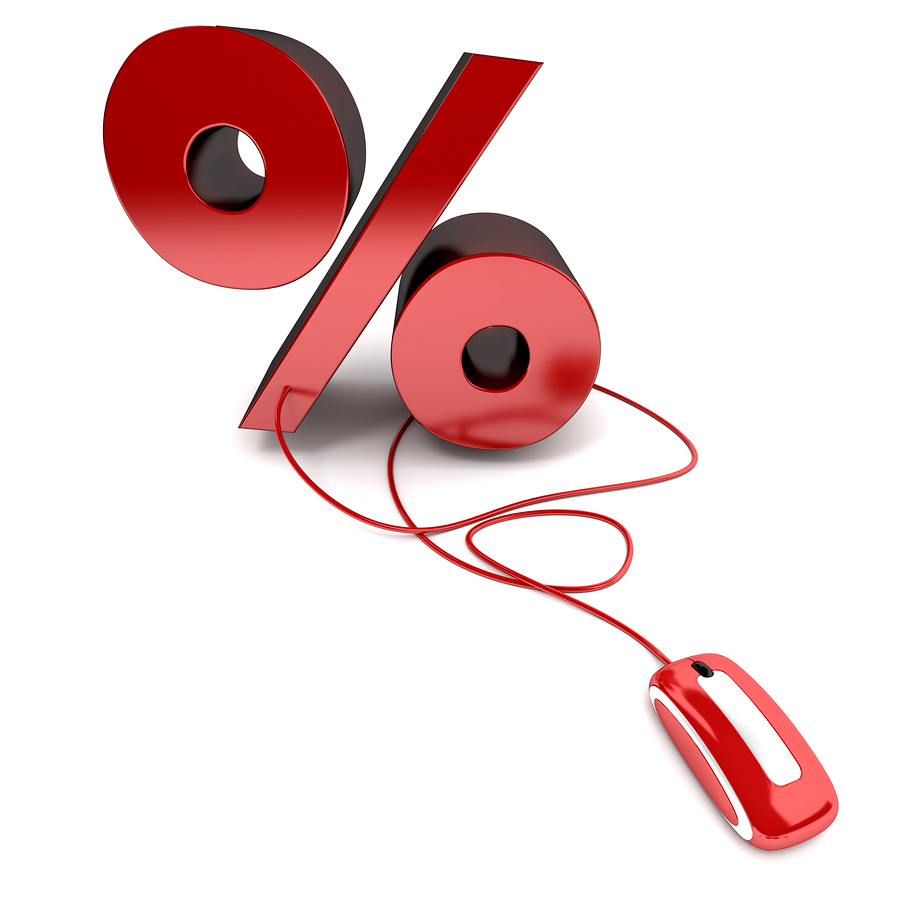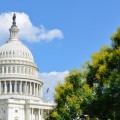 The Senate has passed a controversial Internet tax bill, the Marketplace Fairness Act. The proposed Internet bill has moved to the House for consideration. The Marketplace Fairness Act would require most merchants to charge sales tax on Internet-based purchases, including eBooks, downloadable apps and even WordPress themes sold online.
The Senate has passed a controversial Internet tax bill, the Marketplace Fairness Act. The proposed Internet bill has moved to the House for consideration. The Marketplace Fairness Act would require most merchants to charge sales tax on Internet-based purchases, including eBooks, downloadable apps and even WordPress themes sold online.
Currently, states regulate sales tax charges. The 1992 Quill v. North Dakota ruling determined that states needed to collect sales taxes only for mail order purchases from customers residing in the same state as the business.
The exception, a legal concept called “nexus,” is for companies having a sufficient business presence in a separate state from its home state, which would require sales tax to be applied. That’s why Amazon eventually charged sales tax in California, and why Apple collects and reports taxes for nearly all sales.
The proposed bill would require most merchants to pay sales tax on every Internet sale, regardless of the state in which the customer is located. Those merchants operating in California, New York, Maryland, Massachusetts and Illinois will be most affected if the bill passes the House; digital goods are currently non-taxable in those states.
The complexities and costs of integrating state-supplied sales tax software systems, plus individual systems from 600 Native American tribes and U.S. territories, into digital shopping carts is staggering, according to the CNET article, and may place an undue burden on small businesses.
Major publishers in the higher education textbook publishing industry such as Pearson, McGraw-Hill, Macmillan and John Wiley are likely to feel the impact the most if the Internet bill passes the House vote. McGraw-Hill and Pearson signed a deal in 2011 with Inkling, a company that creates interactive eBooks, to transform their traditional textbooks into iPad-compatible interactive textbooks. Adding an Internet tax onto these demands may force companies to raise prices or find cost-cutting measures. Amazon currently charges sales tax on Kindle downloads according to the existing laws, which requires charging sales tax for downloadable items, including eTextbooks, in certain states only.
Students have purchased used textbooks at considerable savings, but now purchasing eBooks or even renting an eTexbook offers students additional money-saving options. Time reports that eTextbooks can save students 80 percent off the cost of a comparable hardcover book.
If the Internet bill passes, additional taxes and the costs of reporting taxes may be passed on to the consumer. Steve DelBianco, executive director of NetChoice, told CNET that downloadable products are often priced so cheaply that the cost of accounting and reporting sales tax on these purchases will end up exceeding the item’s retail cost, thus eroding potential profits. The result may be an increase in prices to accommodate the added expenses, something that neither consumers nor publishers wish to see.
[cf]skyword_tracking_tag[/cf]






No Comment